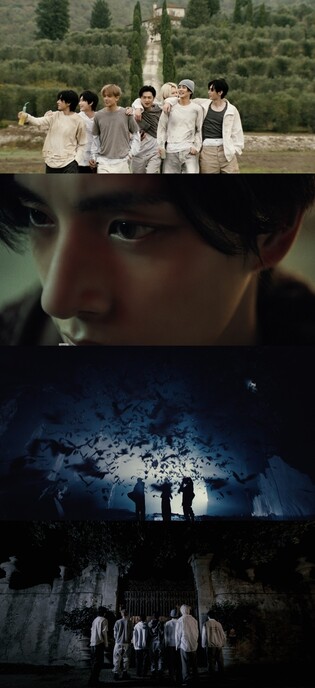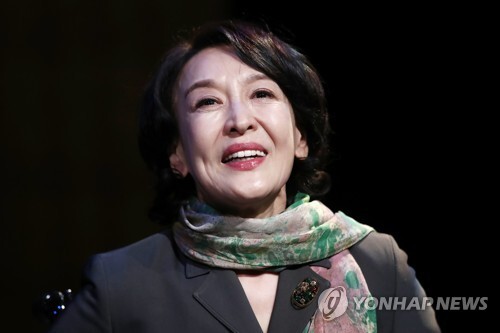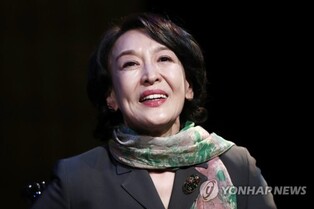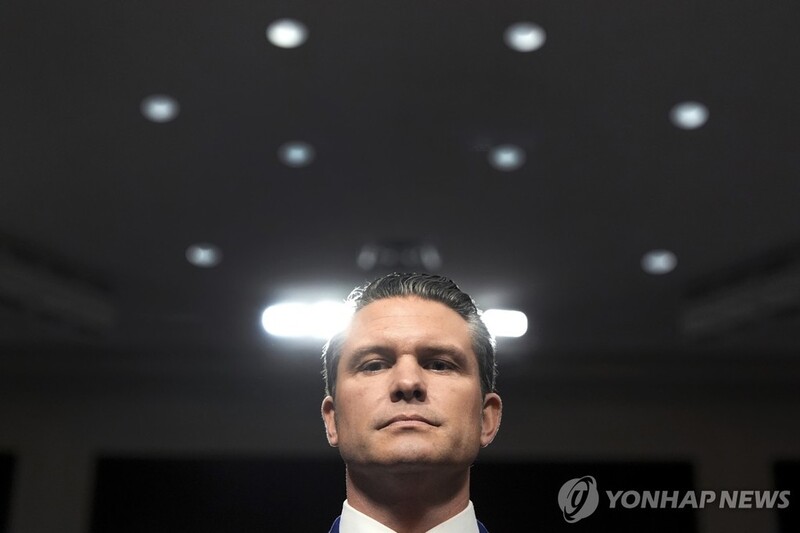 |
| ▲ Pete Hegseth, President-elect Donald Trump's choice to be Defense secretary, appears before the Senate Armed Services Committee for his confirmation hearing, at the Capitol in Washington, on Jan. 14, 2025 in this photo released by the Associated Press. (Yonhap) |
(LEAD) Pentagon chief nominee-N Korea
(LEAD) Pentagon chief nominee calls N. Korea 'nuclear power,' threat to global stability
(ATTN: RECASTS headline; UPDATES throughout)
By Song Sang-ho
WASHINGTON, Jan. 14 (Yonhap) -- U.S. Defense Secretary nominee Pete Hegseth has described North Korea as a "nuclear power" that poses a threat to global stability, while noting the need to enhance missile defense systems to counter the threat.
Hegseth made the remarks in written answers submitted to the Senate Armed Services Committee ahead of his confirmation hearing on Tuesday. Incoming President Donald Trump nominated Hegseth -- former Fox News Channel host and Army veteran with tours in Guantanamo Bay, Iraq and Afghanistan -- in November.
"The DPRK's status as a nuclear power, its intense focus on increasing the range of missiles capable of delivering nuclear warheads, and its growing cyber capabilities all pose a threat to stability on the Korean peninsula, in the Indo-Pacific region, and globally," he wrote. DPRK is short for the North's official name, the Democratic People's Republic of Korea.
"Those threats are of particular concern given the DPRK's proximity to close U.S. allies that base U.S. troops," he added.
Although Pyongyang is thought to have a nuclear arsenal, U.S. officials have refused to publicly recognize North Korea as a nuclear power -- a status that the recalcitrant regime has sought from the outside world.
Hegseth stressed that in recent years, North Korea, China and Russia have "significantly" expanded and modernized their nuclear force capabilities.
"These improvements, which include advances in warheads, delivery systems, and command and control systems, pose an increasing threat to the United States and its allies," he said.
In particular, he noted that Pyongyang is expanding its nuclear stockpile and improving miniaturization of warheads and road-mobile launch systems.
"Our adversaries continue to test their delivery systems and make improvements. Russia and North Korea have announced modification of their nuclear warfighting doctrine," he said.
The nominee underscored the importance of missile defense against North Korea's nuclear and missile threats.
"Improving missile defense systems, especially for the Homeland, will be important to countering the DPRK threat, in addition to efforts to stem the growth of its nuclear and missile arsenals," he said.
In his opening statement at the hearing, he vowed to "reestablish" deterrence in tandem with allies and partners.
"First and foremost, we will defend our homeland -- our borders and our skies. Second, we will work with our partners and allies to deter aggression in the Indo-Pacific from the communist Chinese," he said.
"Finally, we will responsibly end wars to ensure we can prioritize our resources—and reorient to larger threats. We can no longer count on 'reputational deterrence.' We need real deterrence."
Regarding countries or actors in space that he perceives as a risk to the U.S., Hegseth pointed out Pyongyang's capabilities.
"The U.S. must monitor global anti-satellite capabilities. The United States, China, Russia, and India have all successfully conducted anti-satellite capability tests," he said.
"We will remain vigilant regarding North Korea's space capabilities. If confirmed, I will ensure the new NDS addresses this critical warfighting domain, he added, referring to the Defense Department's national defense strategy, a strategic guidance.
(END)
(C) Yonhap News Agency. All Rights Reserved























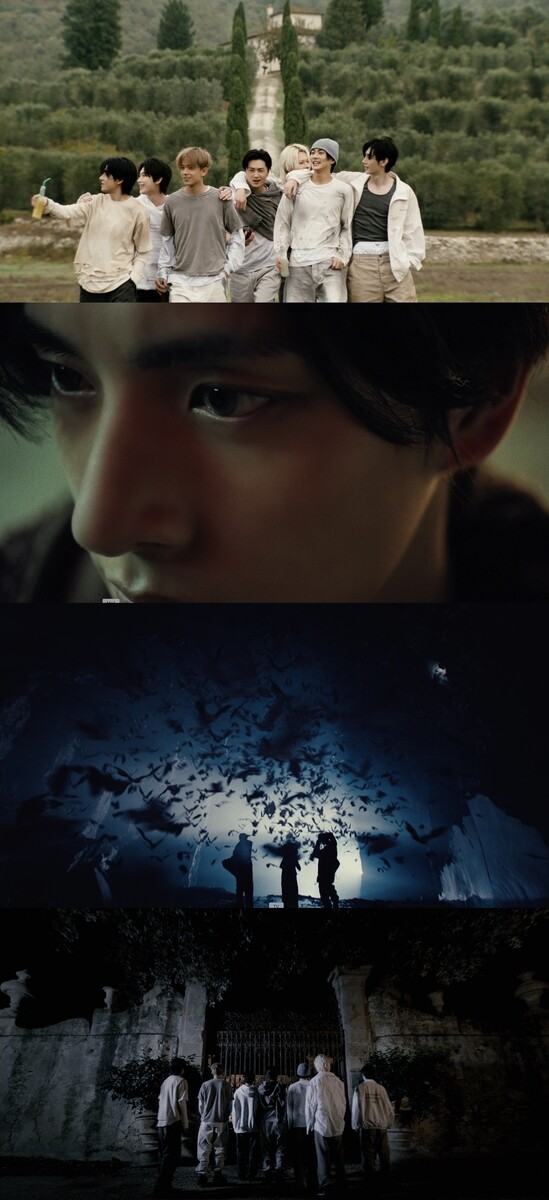
![[가요소식] TXT](/news/data/20251220/yna1065624915960696_833_h2.jpg)

